 A former University of Colorado Boulder graduate student is suing his ex-advisor for defamation after being shooed out midway through his doctoral program.
A former University of Colorado Boulder graduate student is suing his ex-advisor for defamation after being shooed out midway through his doctoral program.
Robert Roscow says he had to leave CU Boulder’s department of Ecology and Evolutionary Biology (EBIO) in the fall of 2016 with only a master’s degree after fish evolution researcher David Stock dropped him as a student. Their relationship deteriorated following a dispute about whether another student should perform experiments Roscow considered to be essential to his dissertation.
Once dropped, Roscow was offered the chance to find another advisor, but never did. In his complaint, filed April 25 in Boulder County District Court, Roscow claims he has evidence that Stock “poisoned the well” by badmouthing him in email and in person to other professors, ultimately preventing Roscow from completing his degree.
As first reported by BusinessDen, Roscow is also suing CU Boulder for a breach of contract and for failing to “provide [him] with the reasonable opportunity to pursue his PhD,” among other allegations.
CU Boulder declined to elaborate on the case. Chief Spokesperson Ryan Huff told us:
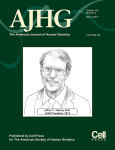 In August, the U.S. Office of Research Integrity announced that a former postdoctoral fellow at the National Human Genome Research Institute (NHGRI)
In August, the U.S. Office of Research Integrity announced that a former postdoctoral fellow at the National Human Genome Research Institute (NHGRI) 
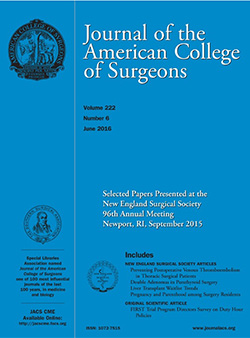 A journal has retracted
A journal has retracted 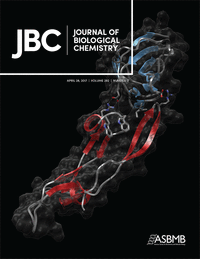
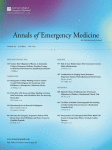 A journal has temporarily removed a paper showing the dramatic differences in the cost of providing emergency care that
A journal has temporarily removed a paper showing the dramatic differences in the cost of providing emergency care that 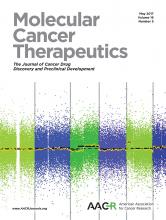 The former vice chancellor for research at the University of California, Los Angeles, has
The former vice chancellor for research at the University of California, Los Angeles, has  For the second time, a journal has quickly retracted a study that suggested vaccines raise the risk of autism and other neurodevelopmental disorders.
For the second time, a journal has quickly retracted a study that suggested vaccines raise the risk of autism and other neurodevelopmental disorders.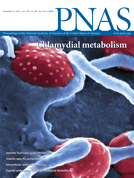 In 2012,
In 2012,  A top federal U.S. court has confirmed a decision by the National Science Foundation (NSF) to
A top federal U.S. court has confirmed a decision by the National Science Foundation (NSF) to